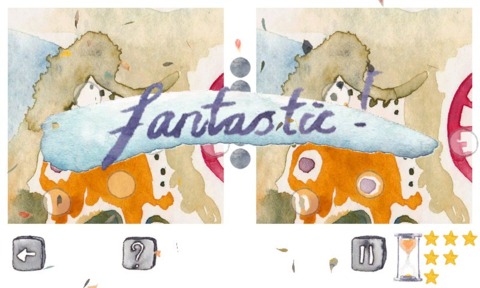Oz Developer Watch: People Pilot
GameSpot AU's Aussie game developer blog takes a look at newly formed Adelaide studio People Pilot.

The recent success of Australian developers, such as Firemint and Halfbrick, has breathed new life into the local development scene, creating a newfound sense of opportunity and enthusiasm.
Earlier this month, Aussie developer Roland Peddie (ex-audio lead at Scotland-based developer Realtime Worlds) announced the launch of his own game studio--right here in Australia. People Pilot, run by Peddie from his home town of Adelaide, will not use the same business model employed by other game studios; instead, every People Pilot game will be designed and built using a team of freelancers and contractors, much the same as a film production.
"I have seen this work tremendously in audio, as the right specialist can be hired to get the exact style of content desired, and I think the benefits will be similar across disciplines," Peddie told GameSpot AU. "Critically, the talent pool does not need to be reduced to just who is available nearby, and specialists from other industries are far more accessible. Plus, we won’t need to pay a whole team to sit idle while we beg for mercy from publishers…"

Although Peddie has experience working on AAA titles (Crackdown, APB), he says he has no desire to embark on another long gamble. However, because the whole concept of People Pilot is based on flexibility, he is determined not to rule anything out. Currently, the studio is working on several unannounced projects and conducting experiments with various smartphone markets with a small title called Art Spot.
"I think the physical location of a studio (and its staff) is becoming less and less important, and Australia is simply a fantastic place to live," Peddie says. "Having travelled a lot while being based in Scotland, I really understand why the term 'lucky country' is applied so endearingly to Australia. We have a beautiful environment, unbeatable lifestyle, and a great climate if you don’t mind the odd scorcher! [In terms of the development scene Down Under], it feels like there are opportunities growing on trees right now. Game development is a competitive and challenging business, and that’s not likely to change any time soon, but things like the growth of digital distribution have made many new business models viable."
Combining his love of video games with his love for rock music, Peddie took up a position at Realtime Worlds with the aim to break new ground in video game audio. He says the developer really allowed him to experiment and push the envelope for audio realism in games, leading to a BAFTA award.
"On Crackdown, we were just about the only developer to dedicate an entire core (one-third of the processing power of the Xbox 360) to audio," Peddie says. "We pushed the system to the limit, creating a system that simulated the sounds of the guns, cars, and explosions bouncing off the walls of the buildings as you tore around the city. And if Crackdown was heaven for an audio technology guy, APB was something even better for creating innovative social entertainment with audio. Obviously, given the unsuccessful launch of APB, we did make some mistakes; however, I am immensely proud of the things the audio team created and gratified that they were so well received by the press. Our features included a music matching system supported by the social networking site last.fm, which allowed players to broadcast their own music taste from their vehicle as they drove around the city."
Peddie doesn't believe the Australian development industry has been struggling any more than the global games industry, with factors like the exchange rate and publisher dependence contributing to the downward spiral. He says the lessons learned from his time at Realtime Worlds will be valuable in the future development of People Pilot.
"As much was learned from the failures as the successes, but one thing I noticed about the Scottish industry was the different generations of game developers all working together. At one end, you have people like Dave Jones who created Lemmings and the Grand Theft Auto franchise, and at the other, you have fresh talent. The interesting thing is how both groups learn so much from each other. Australia doesn’t have so many of the veterans, nor as much support for the ecosystem, but I think that can be overcome by employing a distributed workforce."
Got a news tip or want to contact us directly? Email news@gamespot.com
Join the conversation